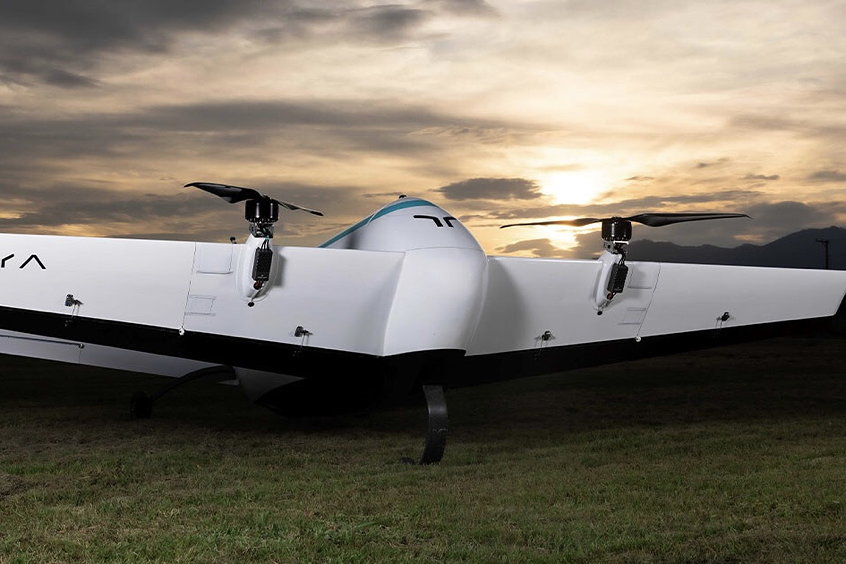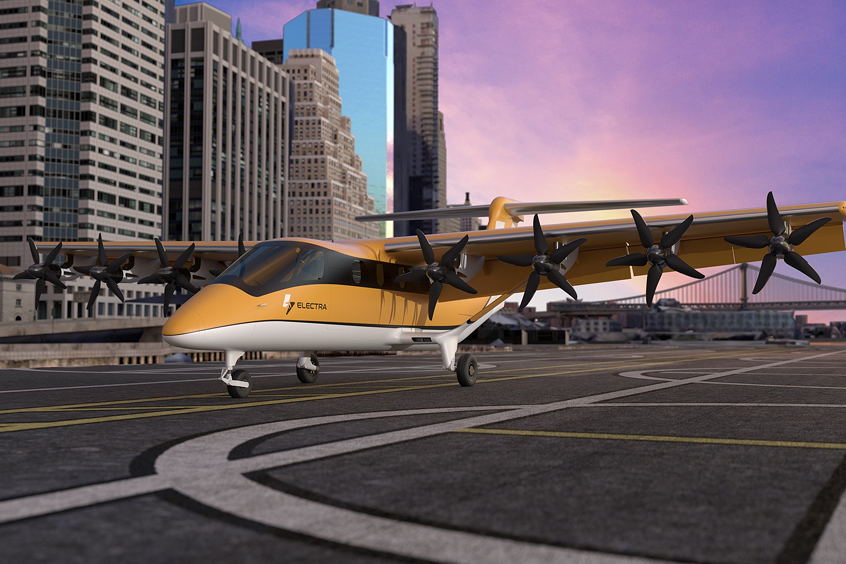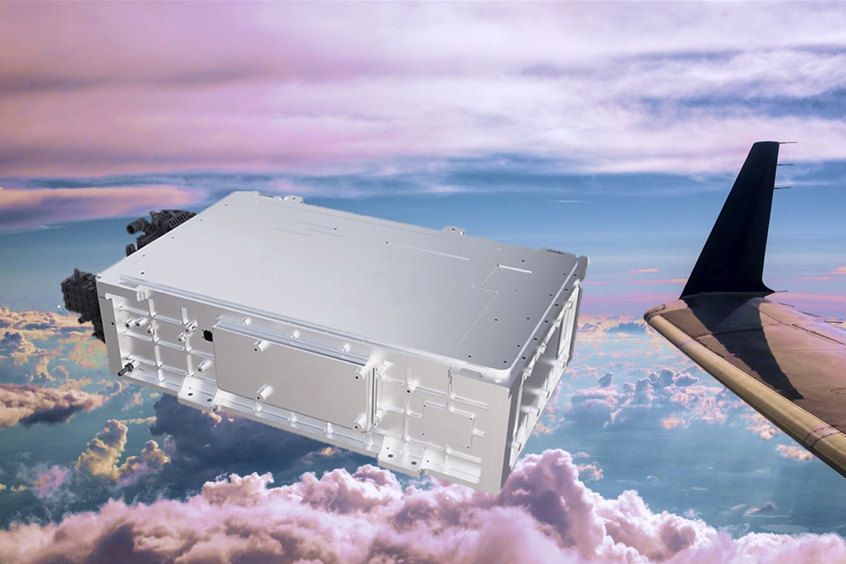EpiSys Science, Inc., with teammate PhysicsAI has been awarded a Phase 1 contract by the Defense Advanced Research Projects Agency (DARPA) to develop trusted Tactical Artificial Intelligence (AI) algorithms for missionized, team-based air combat under the Artificial Intelligence Reinforcements (AIR) program. The Phase 1 contract totals $6M over 18 months.
Leveraging the company’s innovative TacticalAI technologies and its recent work in DARPA's AlphaDogfight Trials and Air Combat Evolution (ACE) programs, EpiSci will design highly capable multi-agent solutions in support of the AIR program’s technical area two (TA2), which seeks to develop “dominant tactical autonomy for multi-ship, beyond visual range air combat missions.” Additionally, “Autonomy solutions will initially be developed and demonstrated on human-on-the-loop F-16 testbeds and then transferred to an uncrewed combat aerial vehicle.”
“EpiSci has always been focused on extending human capability through the deployment of trusted, collaborative autonomy,” said Chris Gentile, Vice President of Tactical Autonomous Systems. “Our agents meld highly capable AI with a system architecture designed for mission critical applications, with assured, bounded capability across the entire problem set. Building combat autonomy is a natural extension of our TacticalAI architecture, and we are excited to work with DARPA to extend the frontier of autonomous tactical air combat capabilities.”
EpiSci’s TacticalAI is built using a trust-first, hybrid machine learning architecture and explicitly provides unmatched operator insight into agent functioning, thereby promoting operator trust and situational awareness. “EpiSci’s hybrid, hierarchical, and modular approach already has a remarkable track record of success," says Dr. Dan ‘Animal’ Javorsek, EpiSci’s Chief Technology Officer. "EpiSci and our sub, PhysicsAI, are the only teams who participated in the original AlphaDogfight Trials, are currently performers on the Air Combat Evolution Program (ACE) and are now also performers on the AIR program. Earlier this month, the Secretary of the Air Force safely experienced fully AI-controlled flight and high-G combat maneuvers in a modified F-16 controlled by our AI agents. The AIR program allows us to continue this proud history of excellence in air combat autonomy.” By progressing through the same type of training and evaluation events as human pilots, EpiSci’s TacticalAI agents will prove themselves ready to perform direct combat autonomy roles, extending human capabilities and freeing operators to focus on higher-level mission command responsibilities. Building on prior work in support of DARPA, Air Force Research Laboratory (AFRL), Air Combat Command (ACC), AFWERX, and United States Navy (USN) efforts, EpiSci has demonstrated best-in-class performance when transitioning from simulation to live flight and will continue to deliver groundbreaking autonomy that is operationally relevant and tactically informed.
| Contact details from our directory: | |
| EpiSys Science, Inc. (EpiSci) | Automatic Flight Control Systems, UAV Control Software |
| DARPA Defense Advanced Research Projects Agency | Airframer, Research/Consulting Services, Technical/Eng/Scientific Studies |
| AFRL (Airforce Research Laboratory) | Research/Consulting Services, Wind Tunnels |
| Related aircraft programs: |
| Lockheed Martin F-16 Fighting Falcon |
| Related directory sectors: |
| Flight and Data Management |
Weekly news by email:
See the latest Bulletin, and sign up free‑of‑charge for future editions.

Altair collaborates with aerospace startup Moya Aero to develop eVTOLs

Electra reveals design for EL9 hybrid-electric aircraft
Piper Aircraft achieves AS9100 certification
